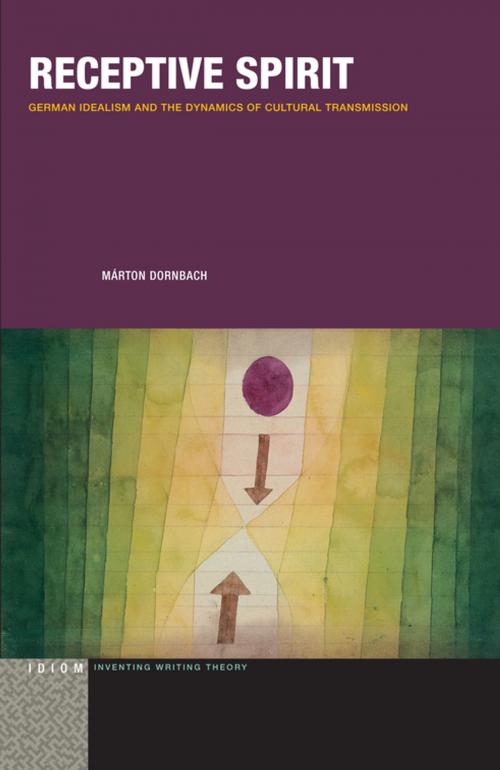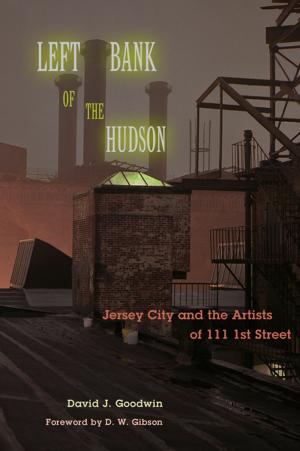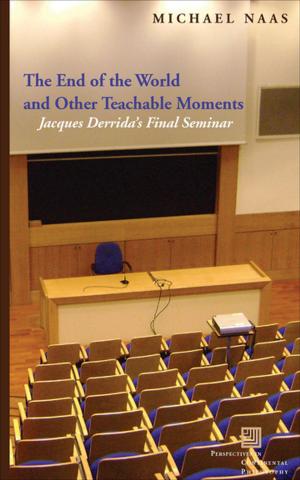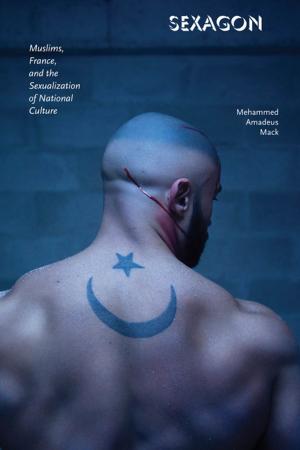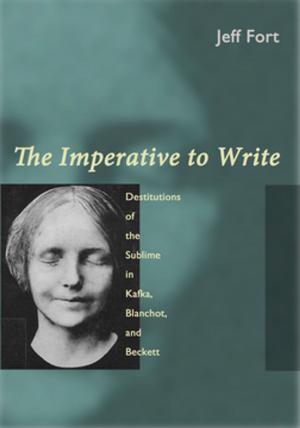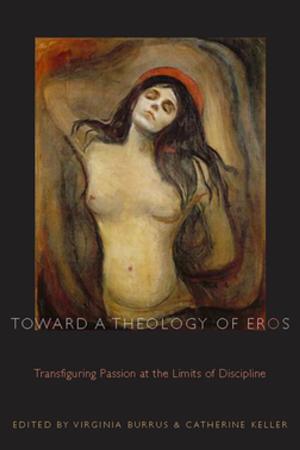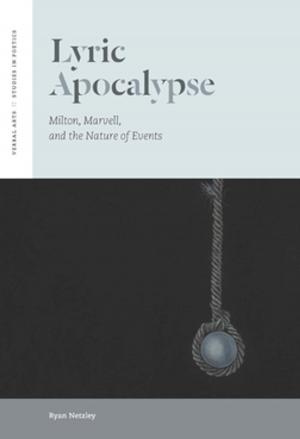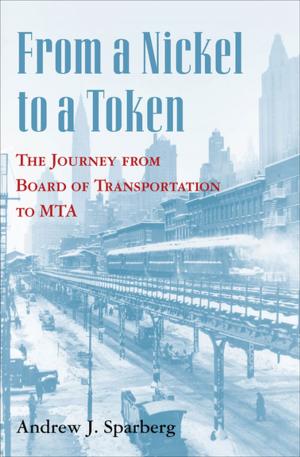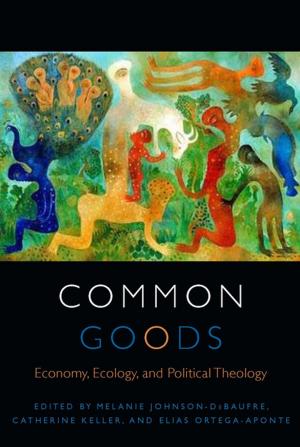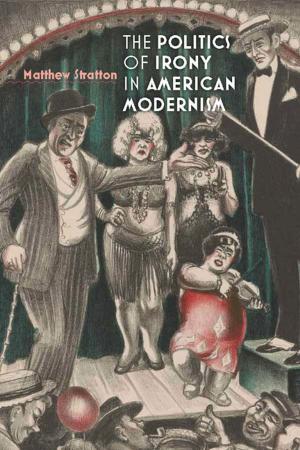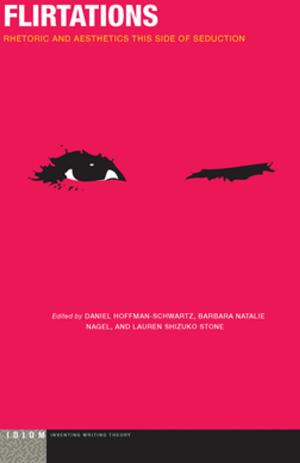Receptive Spirit
German Idealism and the Dynamics of Cultural Transmission
Nonfiction, Religion & Spirituality, Philosophy, Aesthetics, Fiction & Literature, Literary Theory & Criticism| Author: | Márton Dornbach | ISBN: | 9780823268306 |
| Publisher: | Fordham University Press | Publication: | January 1, 2016 |
| Imprint: | Modern Language Initiative | Language: | English |
| Author: | Márton Dornbach |
| ISBN: | 9780823268306 |
| Publisher: | Fordham University Press |
| Publication: | January 1, 2016 |
| Imprint: | Modern Language Initiative |
| Language: | English |
Premised on the assumption that the mind is fundamentally active and self-determining, the German Idealist project gave rise to new ways of thinking about our dependence upon culturally transmitted models of thought, feeling, and creativity. Receptive Spirit elucidates the ways in which Kant, Fichte, Schlegel, and Hegel envisioned and enacted the conjunction of receptivity and spontaneous activity in the transmission of human-made models of mindedness. Their innovations have defined the very terms in which we think about the historical character of aesthetic experience, the development of philosophical thinking, the dynamics of textual communication, and the task of literary criticism.
Combining a reconstructive approach to this key juncture of modern thought with close attention paid to subsequent developments, Marton Dornbach argues that we must continue to think within the framework established by the Idealists if we are to keep our bearings in the contemporary intellectual landscape.
Premised on the assumption that the mind is fundamentally active and self-determining, the German Idealist project gave rise to new ways of thinking about our dependence upon culturally transmitted models of thought, feeling, and creativity. Receptive Spirit elucidates the ways in which Kant, Fichte, Schlegel, and Hegel envisioned and enacted the conjunction of receptivity and spontaneous activity in the transmission of human-made models of mindedness. Their innovations have defined the very terms in which we think about the historical character of aesthetic experience, the development of philosophical thinking, the dynamics of textual communication, and the task of literary criticism.
Combining a reconstructive approach to this key juncture of modern thought with close attention paid to subsequent developments, Marton Dornbach argues that we must continue to think within the framework established by the Idealists if we are to keep our bearings in the contemporary intellectual landscape.
